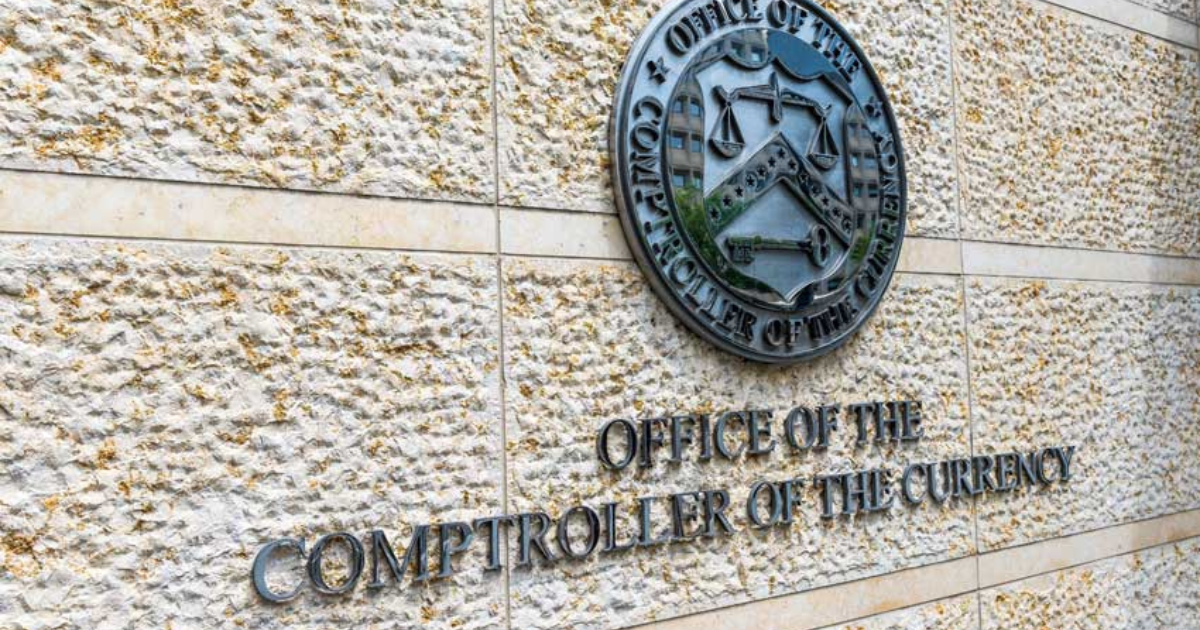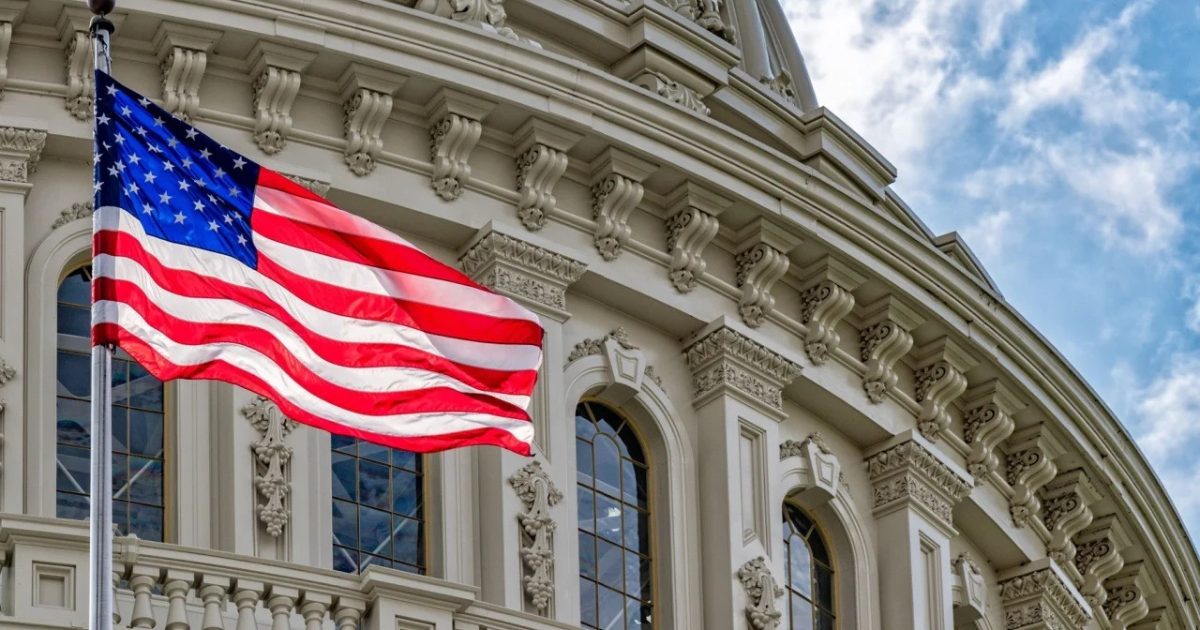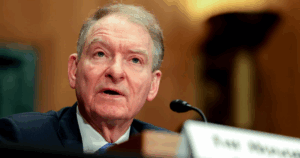Political leaders have been fiercely critical of recent actions taken by the Federal Reserve concerning the widespread fake crypto policies. And in a public tussle, Senator Cynthia Lummis openly challenged what she refers to as superficial policy changes. For the Wyoming Republican, these changes provide a veil for the ongoing anti-crypto agenda in government institutions. This conflict shows that traditional banking regulators are battling with digital asset innovation supporters.
Key-Takeaways:
- The Federal Reserve’s removal of its crypto guidance is shown to be a superficial act in the reveal of continued anti crypto policies due to the widespread of the other fake crypto policies
- This legal battle by Custodia Bank is a compelling case that the regulatory delays can be an obstacle that’s extremely high for the innovative financial institutions in the crypto space.
- The inconsistency of regulations across government agencies is a clear disadvantage for Fed regulated banks when it comes to working with crypto companies.
- The staff responsible for crypto regulation continue in the same role while public policy retreats, at the Federal Reserve.
Federal Reserve’s Withdrawn Guidance Called Into Question
 On April 25, Senator Lummis used X—formerly known as Twitter — to express her worries about the Fed’s recent policy changes. The Fed’s withdrawal of previous crypto guidance was mere spinning, she dismissed. Lummis considers these actions only to be ‘just lip service’ until greater issues are fixed up. Specifically, the senator referred to the continuing difficulties of approving master accounts for crypto-friendly institutions.
On April 25, Senator Lummis used X—formerly known as Twitter — to express her worries about the Fed’s recent policy changes. The Fed’s withdrawal of previous crypto guidance was mere spinning, she dismissed. Lummis considers these actions only to be ‘just lip service’ until greater issues are fixed up. Specifically, the senator referred to the continuing difficulties of approving master accounts for crypto-friendly institutions.
The debate is over whether these agencies truly are embracing innovation or just making an appearance. Lummis notes that on the other hand, there are still fundamental anti-crypto policies that are still in place. However, she stressed that reputation risk was also still used in the Fed’s bank supervision, unlike other regulatory bodies. However, this potentially disadvantages crypto businesses looking for banking relationships.
Custodia Bank Case Highlights Regulatory Obstacles
 Custodia Bank, which boasts Wyoming as its home base, is a clientele that should set a prime example for the problems crypto companies encounter. The Federal Reserve Board has been in lawsuits with the digital asset bank. A 19-month delay in getting master account approval is mentioned by the lawsuit. According to Custodia, this delay violates the requirements of the procedures in the proceedings and the right to due process.
Custodia Bank, which boasts Wyoming as its home base, is a clientele that should set a prime example for the problems crypto companies encounter. The Federal Reserve Board has been in lawsuits with the digital asset bank. A 19-month delay in getting master account approval is mentioned by the lawsuit. According to Custodia, this delay violates the requirements of the procedures in the proceedings and the right to due process.
The bank says it has certain constitutional principles that are breached when non-Senate confirmed officials are making decisions. This can effectively prevent an innovative financial institution’s ability to receive necessary Federal Reserve services. Senator Lummis, along with the CEO of Custodia, Caitlin Long, criticized the way the Fed is proceeding. Despite other policy changes, she noted that the January 2023 anti crypto guidance is still active.
Policy Inconsistencies Create Uneven Playing Field
 Both Lummis and Long are raising a point of regulatory inconsistency with different government agencies. Finally, they note that the Federal Reserve is different from the Office of the Comptroller of the Currency (OCC) and the Federal Deposit Insurance Corporation (FDIC) in how they handle crypto. The inconsistent competitive landscape for financial institutions is created from these inconsistencies.
Both Lummis and Long are raising a point of regulatory inconsistency with different government agencies. Finally, they note that the Federal Reserve is different from the Office of the Comptroller of the Currency (OCC) and the Federal Deposit Insurance Corporation (FDIC) in how they handle crypto. The inconsistent competitive landscape for financial institutions is created from these inconsistencies.
In particular, the January 27, 2023, Policy Statement of Section 9(13), which still has a significant impact on the interests of the crypto advocates. Basically, bitcoin and the digital assets are declared unsafe and unsound for state member banks by this policy. The Federal Reserve also has more stringent authority over the supervision of banks than other agencies. However, it sparks confusion and even disadvantages for certain financial institutions.
Conclusion: Fake Crypto Policies
There aren’t any signs of this tension being resolved by vanishing the fake crypto policies, as the traditional banks regulators continue clashing with the supporters of digital assets. The debate over how the government should exercise oversight over the industry will probably only increase as the industry changes. Both sides need to work together to find common ground, which might lead to innovation while being stable financially.










